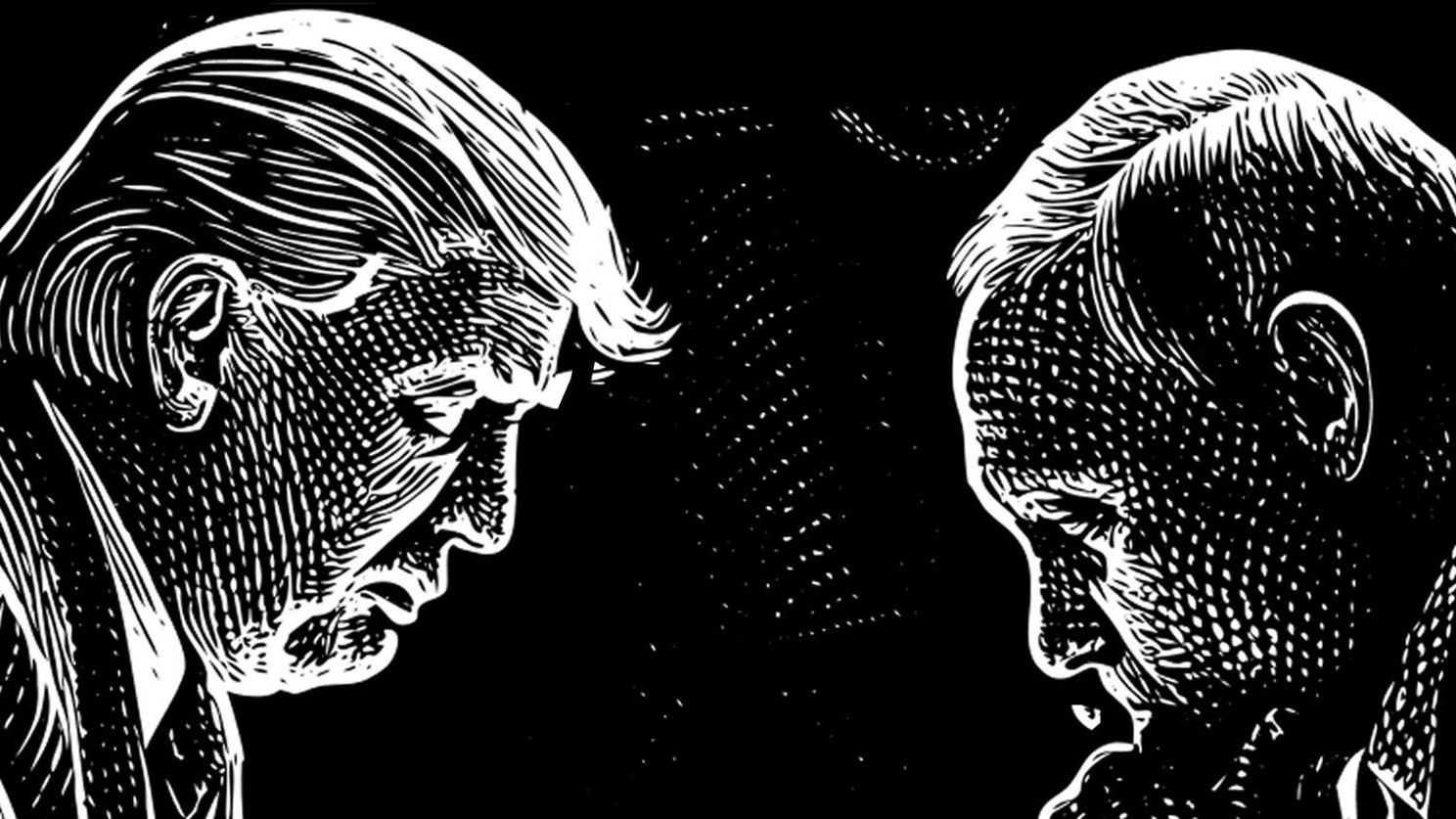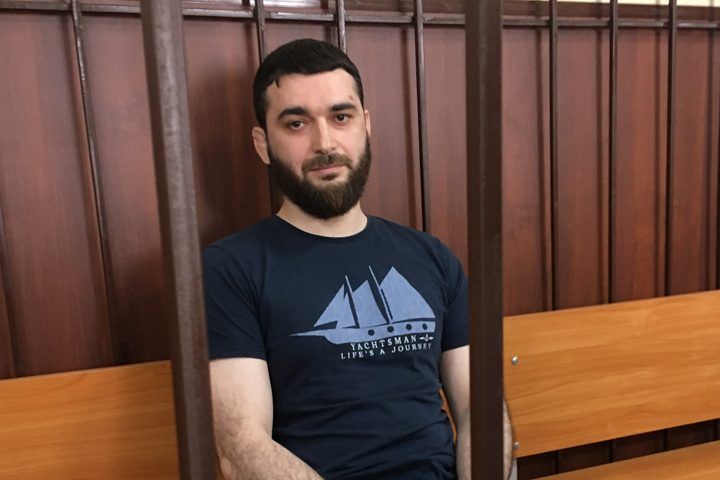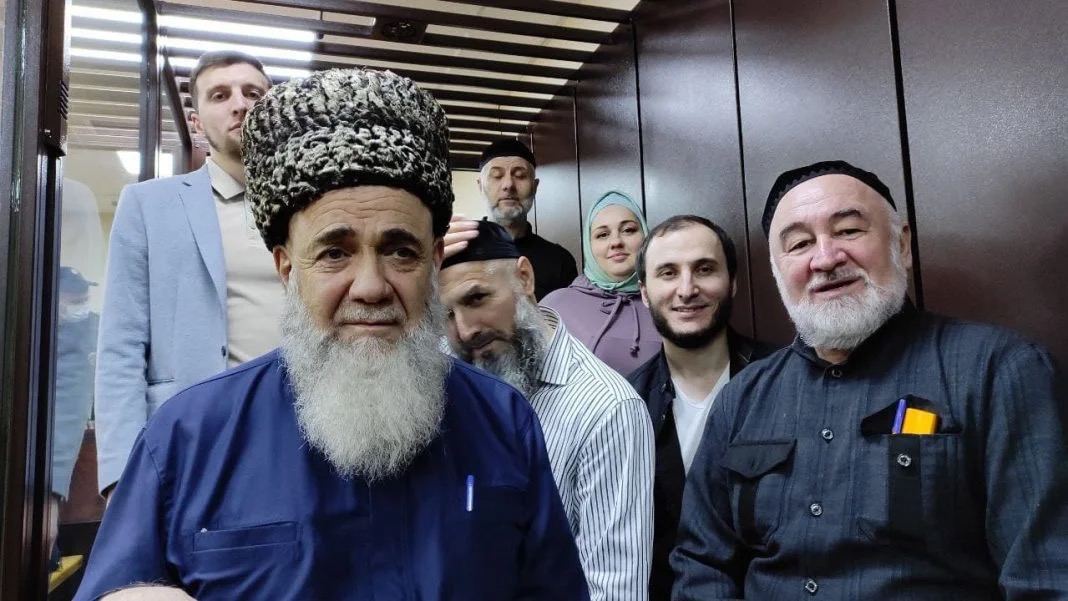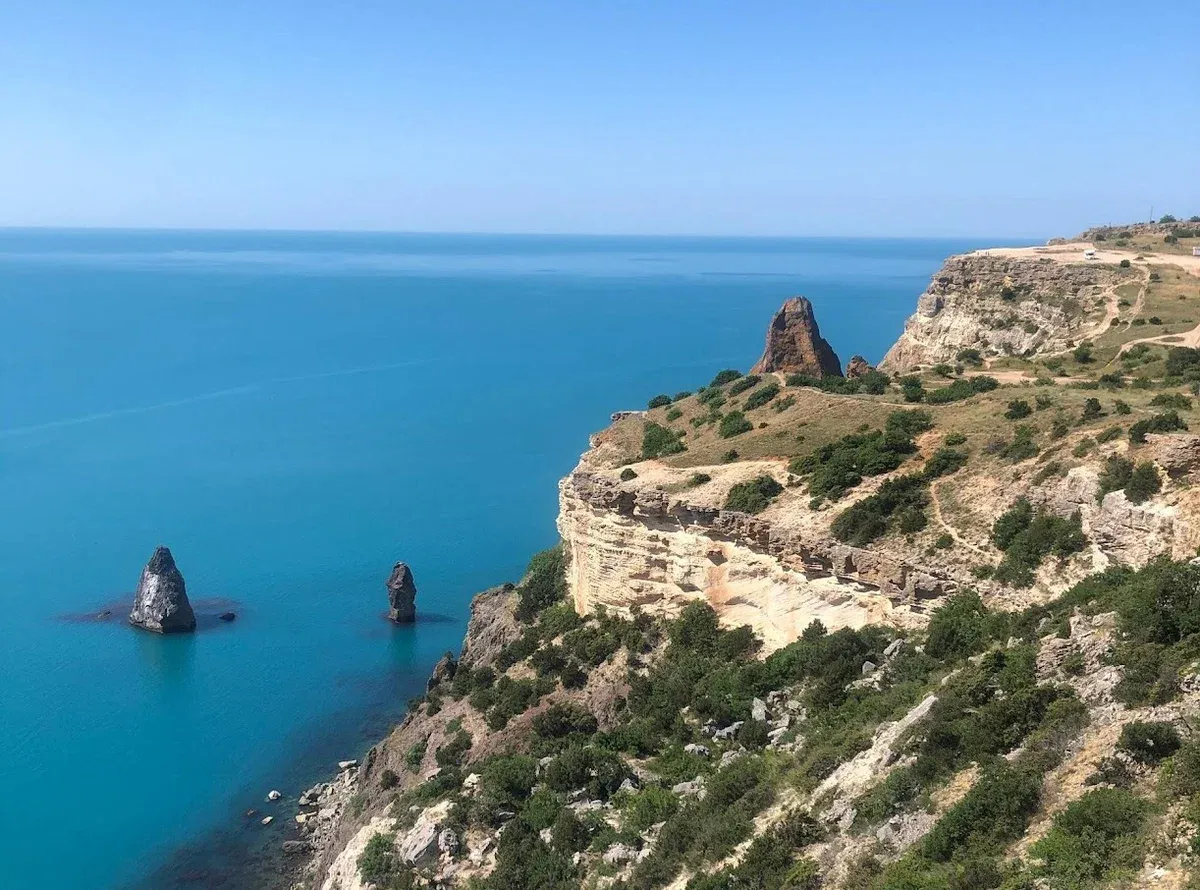This material is available in other languages:
ru
19 Jun 2024
Kharkiv Human Rights Group Lawyer on Sexualized Violence in Ukraine's Conflict
Tamila Bespalaya: “Violence is committed against both detainees and civilians who find themselves in the occupation zone”
June 19 - International Day for the Elimination of Sexual Violence in Conflict. The Memorial Center publishes data from the recent reports that highlight this issue in relation to the war in Ukraine, as well as an interview with Tamila Bespalaya, a lawyer from the Kharkiv Human Rights Group who works on cases of victims of sexualized violence committed by the Russian military.
War not only breaks the taboo on killing, but also provokes other kinds of violence. “Sexualized violence during the conflict has long-term harmful effects on victims and is used as a method of warfare, torture and terror”, the UN writes. Warring parties are not always willing to admit this, which is why it is so difficult to investigate such crimes and help victims.
The report of the Independent International Commission of Inquiry on Violations in Ukraine, published on April 5, 2024, documented cases of rape and other sexualized violence against women. It also details cases of sexualized torture and threats of rape against male prisoners of war. The authors of the report note that the documented crimes have had serious and long-lasting effects on the physical and mental health of the victims and have been extremely traumatizing experiences for their families.
Our colleagues from the Kharkiv Human Rights Group have been working on the issue of sexualized violence in war for two years. On May 16, 2024, they published an article which was referring to data of the Human Rights Commissioner of the Verkhovna Rada of Ukraine. He is aware of 292 cases of sexualized violence, which Russian soldiers could have committed in Ukraine since the beginning of the full-scale Russian invasion. The victims include men, women and underage children. There are different types of sexualized violence: rape, mutilation or genital abuse, forced nudity, threats and attempts of rape, forced viewing of the abuse of the loved ones, as well as other types of sexualized violence.
Tamila Bespalaya, a lawyer from the Kharkiv Human Rights Group, told us about the cases she encounters, the victims of violence, and the main challenges human rights defenders face in documenting war crimes and working to hold perpetrators accountable.

Tamila Bespalaya
Lawyer from the Kharkiv Human Rights Group
On the intimidation of victims
“The level of the intimidation of the survivors of violence, especially those who return from captivity after being exchanged, is such that many refuse to talk about what happened to them. Sometimes people don’t understand that threats, such as being put on a bottle, are also considered sexualized violence. It usually takes a person about 2 years to mature and start talking about it. This means that we don’t know everything that has happened in the occupied territories since the beginning of the war, and the number of cases will continue to grow. We already have 60 cases in our work – these are the cases, for which we have collected evidence and testimonies. But there are dozens of more than that”.
On legal procedure
“We are working with the UN Human Rights Committee and the International Criminal Court (ICC). The work of the ICC is aimed at holding accountable those who gave orders. And the Human Rights Committee is trying to establish the responsibility of the direct perpetrators.
Before applying to the UN Committee, we have to exhaust all options at the national level, and the national level in this case means not only Ukraine, but also the Russian Federation. We send documents to Russia, and Russia formally replies to everything. At first it was short answers, literally two or three sentences. Now it can be several pages. I don’t know what this has to do with, either the team has changed or they have realized the importance of this procedure, that the war will end at some point and they will have to take responsibility.
There are cases where the military police of the Russian Federation, while still in the occupied territories, began to investigate these cases themselves. Some [victims] had the courage to approach them. There are victims' letters and materials given to people in the occupied territories that are present. But most of the time, the victims apply directly to the prosecutor’s office. Together with a group of psychologists, we participate in the investigation and the collection of evidence. It’s a very difficult experience, many people can’t handle it. Precisely because not everyone is able to work with it, is why I feel I am in my place, the reason I know I am useful”.
On those who commit violence
“Violence is perpetrated against both detainees and civilians, who find themselves in the occupation zone. The ‘Will from above’ is given to everyone, but some of the soldiers have something human left in them and some do not. This is evident in the testimonies we collect. Some areas remain almost untouched, and others, like the Kherson area, where the “Wagnerites” were – not a single person from there comes out unscathed. When relatives pick up the laundry, it’s all bloody. This is the convicts’ handwriting, it’s not even sexual violence, people there were in a sexual slavery – including men, women and children”.
About the detainees – military and civilian
“In war times, it is not a crime to take military detainees. It is a crime to violate the conditions of detention. No torture is allowed. This is barbarism. The conditions of Russian prisons are such that people come out of there being half alive. They are brought by all means to a state where they are not only unable to hold a weapon, they are unable to carry on their family line. I think this is deliberate examination, lawyers call it genocide. And there is psychological work as well – agitation, propaganda. Those who were captured at the beginning and are returning now, after two years, are misinformed.
But when the military is exchanged, things are much worse with civilians. The number of them in captivity is incredible, and the conditions are the same, there is no difference between military and civilians, women and men. Getting them back is the main problem now. And the most frustrating thing is that Ukraine has no one to exchange them for, you know? There are a lot of Russian citizens on the territory of Ukraine, but we don’t take them prisoners”.
“The level of the intimidation of the survivors of violence, especially those who return from captivity after being exchanged, is such that many refuse to talk about what happened to them. Sometimes people don’t understand that threats, such as being put on a bottle, are also considered sexualized violence. It usually takes a person about 2 years to mature and start talking about it. This means that we don’t know everything that has happened in the occupied territories since the beginning of the war, and the number of cases will continue to grow. We already have 60 cases in our work – these are the cases, for which we have collected evidence and testimonies. But there are dozens of more than that”.
On legal procedure
“We are working with the UN Human Rights Committee and the International Criminal Court (ICC). The work of the ICC is aimed at holding accountable those who gave orders. And the Human Rights Committee is trying to establish the responsibility of the direct perpetrators.
Before applying to the UN Committee, we have to exhaust all options at the national level, and the national level in this case means not only Ukraine, but also the Russian Federation. We send documents to Russia, and Russia formally replies to everything. At first it was short answers, literally two or three sentences. Now it can be several pages. I don’t know what this has to do with, either the team has changed or they have realized the importance of this procedure, that the war will end at some point and they will have to take responsibility.
There are cases where the military police of the Russian Federation, while still in the occupied territories, began to investigate these cases themselves. Some [victims] had the courage to approach them. There are victims' letters and materials given to people in the occupied territories that are present. But most of the time, the victims apply directly to the prosecutor’s office. Together with a group of psychologists, we participate in the investigation and the collection of evidence. It’s a very difficult experience, many people can’t handle it. Precisely because not everyone is able to work with it, is why I feel I am in my place, the reason I know I am useful”.
On those who commit violence
“Violence is perpetrated against both detainees and civilians, who find themselves in the occupation zone. The ‘Will from above’ is given to everyone, but some of the soldiers have something human left in them and some do not. This is evident in the testimonies we collect. Some areas remain almost untouched, and others, like the Kherson area, where the “Wagnerites” were – not a single person from there comes out unscathed. When relatives pick up the laundry, it’s all bloody. This is the convicts’ handwriting, it’s not even sexual violence, people there were in a sexual slavery – including men, women and children”.
About the detainees – military and civilian
“In war times, it is not a crime to take military detainees. It is a crime to violate the conditions of detention. No torture is allowed. This is barbarism. The conditions of Russian prisons are such that people come out of there being half alive. They are brought by all means to a state where they are not only unable to hold a weapon, they are unable to carry on their family line. I think this is deliberate examination, lawyers call it genocide. And there is psychological work as well – agitation, propaganda. Those who were captured at the beginning and are returning now, after two years, are misinformed.
But when the military is exchanged, things are much worse with civilians. The number of them in captivity is incredible, and the conditions are the same, there is no difference between military and civilians, women and men. Getting them back is the main problem now. And the most frustrating thing is that Ukraine has no one to exchange them for, you know? There are a lot of Russian citizens on the territory of Ukraine, but we don’t take them prisoners”.
If you have been a victim of torture by the Russian military, or if you have information about such cases, you can contact the Kharkiv Human Rights Group for help.
Website: https://help.khpg.org/
E-mail: [email protected]
Phone: +38 (050) 405 3015





